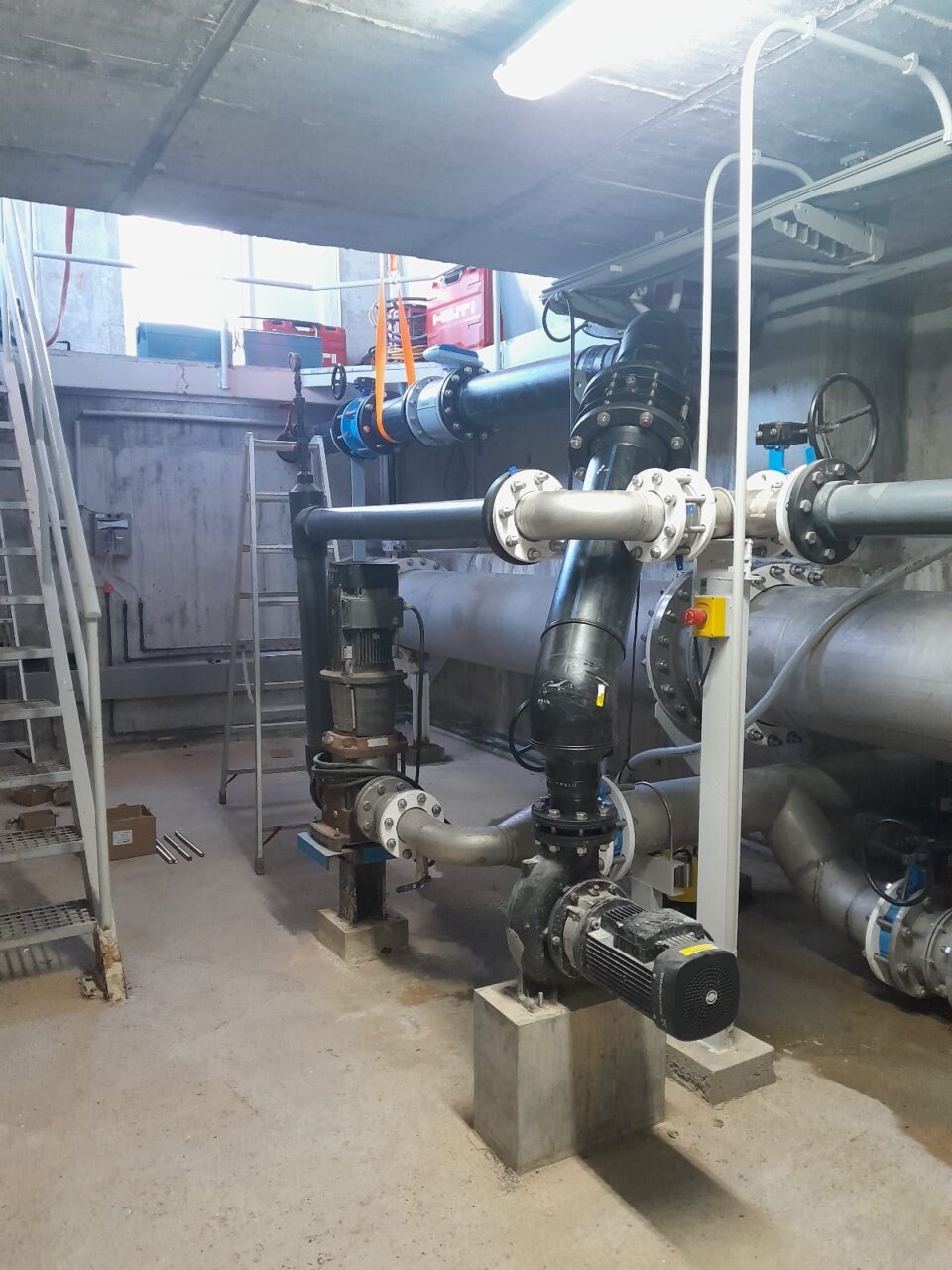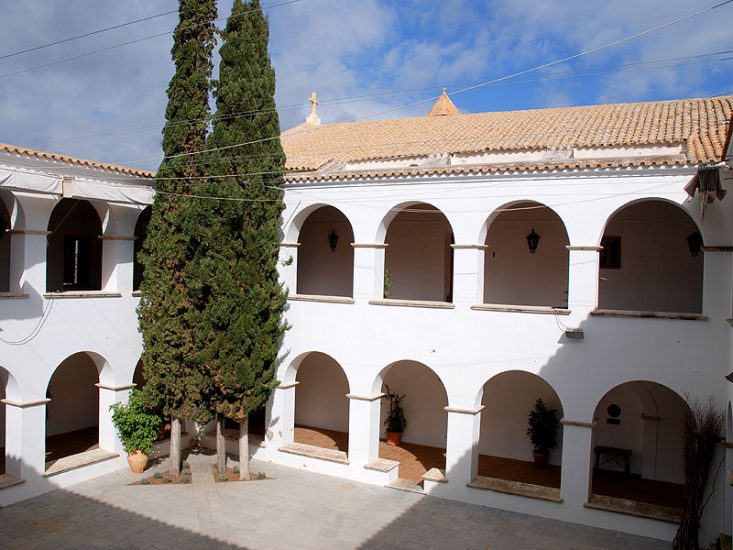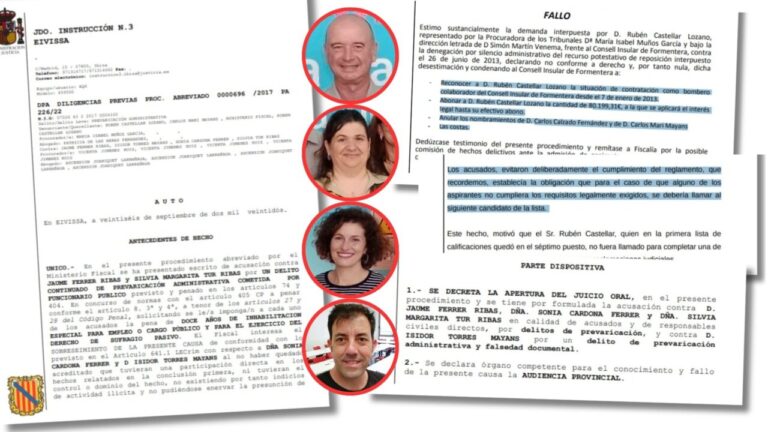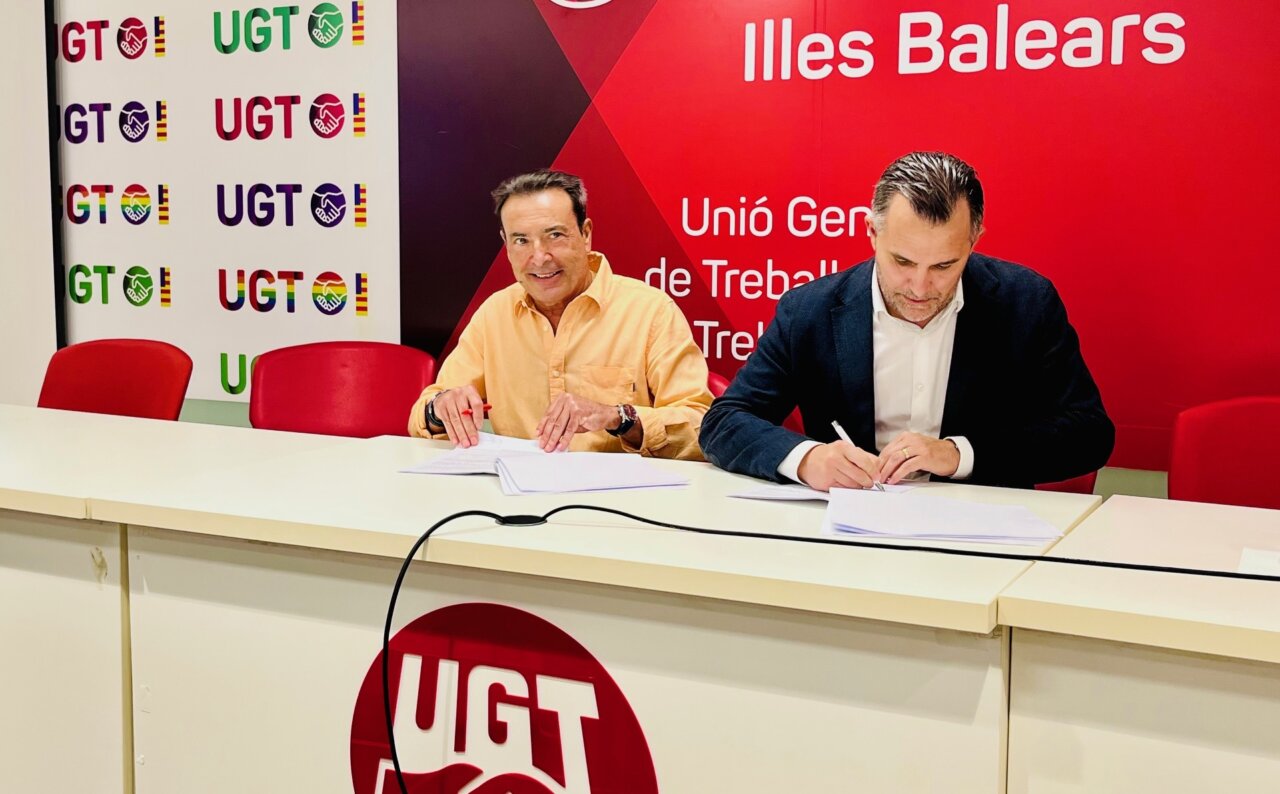The last few days have been hectic for Emeterio Moles and the whole team of the Balearic Water and Environmental Quality Agency (ABAQUA). In large part due to the pilot test that has begun this week in Ibiza: storing desalinated water in the aquifer of Santa Eulària.
This is an unprecedented trial in relation to the use of these non-conventional resources. The stored desalinated water would serve in the months of greatest demand not only in the core of Santa Eulària, but even in other municipalities through the interconnection, Moles had explained to La Voz de Ibiza shortly after taking over the management of ABAQUA, eleven months ago.
“It has not been a delay,” Moles has now clarified, in the hours before the beginning of the infiltration. “The works and installations have been underway for some time; in fact, they have been, for the scale of ABAQUA, of little entity. However, the time to have volumes for the test was now, when municipal consumption has been reduced considerably, we have the supply to the Sa Rota irrigation pond about to end and we know of the possible existing capacity in the aquifer due to the absence of rainfall (we cannot store water and that a rainy year the aquifer overflows),” he explained.
In short: “Apart from works, installations, permits and licenses, it was necessary to have certain availability of flow and knowledge of foreseeable storage capacity”.

The work began yesterday with a sampling at four control points, as well as the water to infiltrate. This initial analysis will establish a “situation 0” prior to the process, which will allow to compare the evolution of the test with reliable data, have informed from the Consellería del Mar y del Ciclo del Agua del Govern Balear.
Moles reiterated that initially about 2,000 m3 of desalinated water per day will be infiltrated, until a volume of 100,000 m3 is reached in two months , a considerable amount after which the results can be evaluated.

Infiltration will be carried out continuously and at a constant flow rate of 80 m³/h. The evolution of the process will be monitored in real time by means of probes that will measure parameters such as salinity, level and temperature, storing the information for later analysis together with the samples collected at the control points.
The project to infiltrate desalinated water is based, as Moles explained when he took over the management, on data from measurements of levels contrasted with rainfall for more than 10 years, which have been carried out by both the Directorate General of Water Resources and the City Council of Santa Eulària.

According to the expert, these measurements show evidence of a high level of confinement of the aquifer in an area of approximately 1,000,000 m² annexed to the nucleus of Santa Eulària, above the Can Guasch neighborhood. This level of confinement is key, since it reduces the risk of increasing the salinity of the water due to maritime filtrations.
Expectations
Moles has emphasized that once the infiltrated volume is 100,000 m3 it will be time to “make decisions according to the measurements taken in real time, but after careful analysis”.
The water to be infiltrated will be analyzed chemically at least once a week, while the samples from the control points will be examined in the laboratory every 15 days. Conclusive results are not expected to be available until after the halfway point of the test, so the first relevant data will be available at the end of March. So far, the process is proceeding normally and without incident, since all the elements were tested and verified before starting the water supply.

In this line, the manager of ABAQUA has insisted on his message of caution: “It is a research trial”. But, in the realm of hypotheses, what can happen?
“The most favorable scenario is that we have evidence from the control points that the infiltrated water is stored and that the chemical characteristics of the mixture are suitable. This would make it possible to store between 150,000 and 300,000 m³ to be used in the season of maximum demand,” said Moles.
He concluded: “Logically, if we have decided to carry out this trial it is because with the data we have available we expect the result to be favorable”.
Unprecedented for desalinated
The trial that is beginning is unprecedented in the Balearic Islands due to its unique characteristics. Although a similar aquifer recharge project has been carried out in Mallorca, it has been done with surface water from springs. But nothing similar has ever been done in the archipelago with desalinated water.
In view of this new development, “the monitoring, control and analysis of the evolution of the mixing of salt water with the water accumulated in the aquifer must be prudent, meticulous and very carefully analyzed“, Moles said in February.










